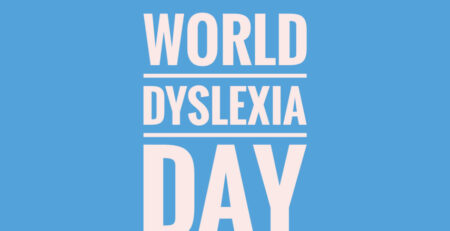How To Identify Emotional Symptoms of Grief
Most people wonder if they’re grieving the “right way”, but the emotional symptoms of grief can show up in different and surprising ways in our daily life. While one person may stay in bed feeling profound sadness, another might fill their schedule as a way to stay busy and try to forget the pain. Grief counselling in Calgary helps individuals in mourning identify their reactions and coping mechanisms after a loss.
By understanding the range of symptoms, we can be more aware of how grief shows up in our life and seek the support we need. Friends and family of grieving individuals can also better support their loved ones with compassion and empathy. Here’s what to look for if you or someone you know is in mourning.
The emotional symptoms of grief
‘Emotion’ is defined as “a natural instinctive state of mind deriving from one’s circumstances, mood, or relationships with others.” It’s important to remember that grief is a natural response to loss, no matter how seemingly small. Whether it’s the loss of a loved one, pet, relationship, or job, your grief is valid. Acute grief occurs in the days and weeks following a loss.
Emotional symptoms include:
- Anger
- Remorse
- Increased irritability
- Bitterness
- Guilt
- Shame
- Detachment
- Numbness
- Inability to experience joy
Common mental and behavioural reactions to grief
The emotions after experiencing a loss are disruptive. Many individuals suffering through grief are faced with the challenge of trying to go through their daily routine and tasks while plagued with these tough emotions. This can lead to mental and behavioural reactions to grief, including:
- Difficulty concentrating
- Difficulty making decisions
- Inability to complete tasks
- Thoughts about the loss are constant and all-consuming
- Low self-esteem
- No desire for social interaction
- Increased desire to be alone
- Overachieving or underachieving
- Crying a lot
- Easily triggered, losing temper more often
- Forgetting appointments and tasks
- Changes in performance at work
- Loss of interest in activities
- Blaming others
- Aggression towards others
- Creative expression through art, music, writing
Finding grief support
Over time, acute grief can turn to complicated grief, where the initial emotional symptoms become a constant feeling of yearning and longing. While grief is a normal response to loss, inadequate emotional regulation can lead to long-term mental health issues and extreme disturbance in a person’s life. An individual with complicated grief may find it difficult to do normal daily tasks like eating, getting enough sleep, and having social interactions, making the emotional symptoms of grief even more difficult to manage.
A therapist or grief counsellor provides tools to help individuals cope and come to terms with their loss as part of grief counselling. In time, recognizing these harmful behavioural reactions and replacing them with healthier coping strategies helps people find new meaning and move forward with their life.














